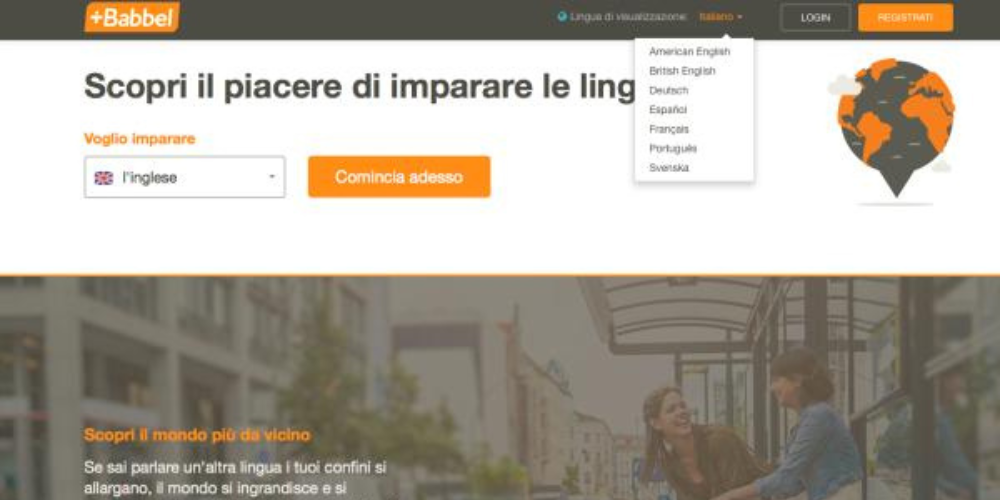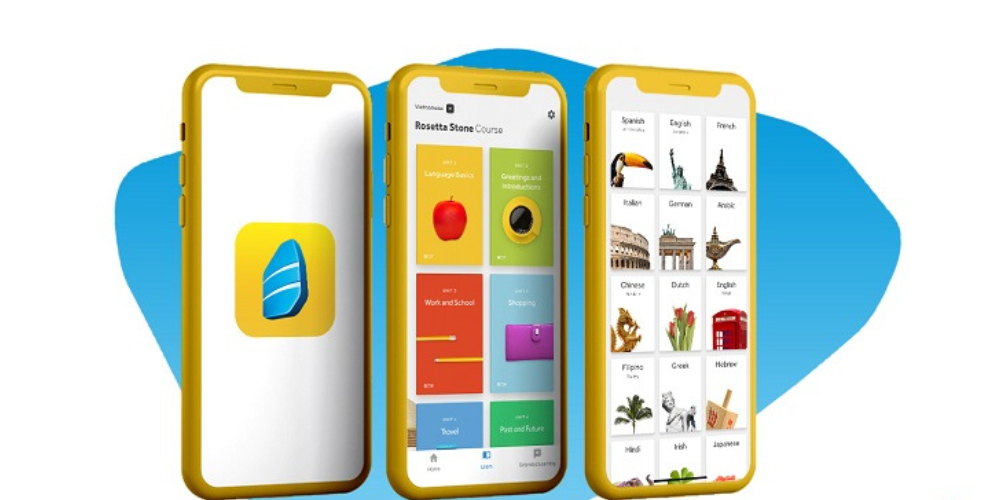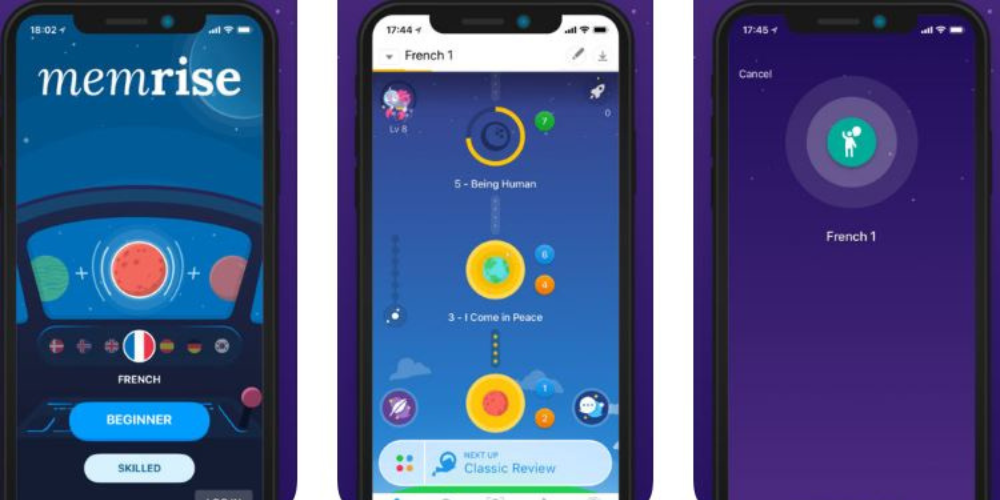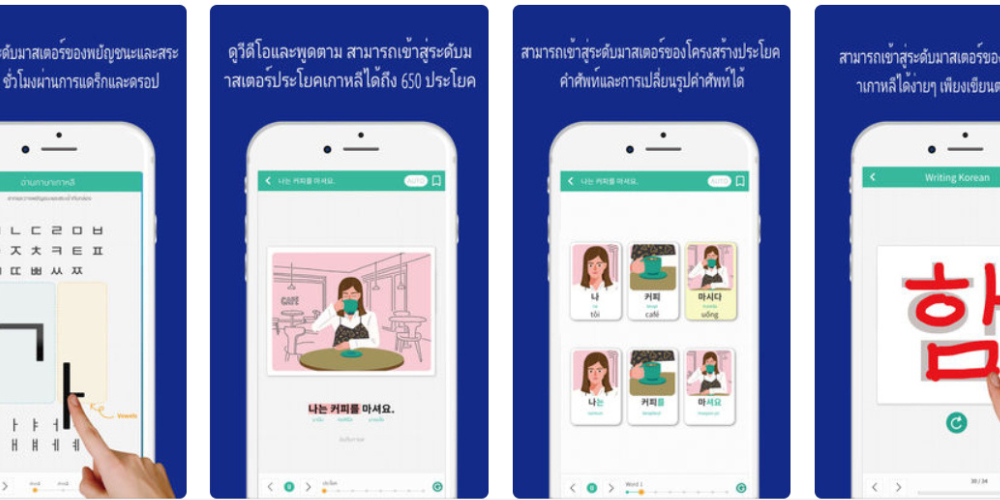
Unlocking Linguistic Mastery: Top 5 Mobile Apps to Guide Your Language Learning Journey
- 2024-01-21
In today's interconnected world, learning a new language is more than just a hobby; it's a gateway to understanding different cultures and expanding personal horizons. With the rise of mobile technology, a plethora of language learning apps have emerged, each promising to make the process more accessible and engaging. While traditional methods of language acquisition still hold their own, mobile applications offer unparalleled convenience and innovative learning techniques. They're designed to fit into our busy lives, allowing us to practice vocabulary, grammar, and pronunciation on the go.
However, with so many options available, choosing the right app can be overwhelming. To assist you in your linguistic quest, we've curated a list of the top 5 mobile apps that have proven effective in helping users learn new languages. These apps vary in their approaches, featuring diverse teaching styles and tools to suit different learning preferences. Whether you're a visual learner, an auditory learner, or someone who prefers a gamified experience, there's an app on this list for you.
1. Duolingo: The Fun and Free Language Learning Game

Intro: Duolingo has become synonymous with mobile language learning. It's a user-friendly app that turns language acquisition into a game, complete with levels, points, and rewards. With its playful interface and bite-sized lessons, Duolingo caters to a wide audience, including those who might find traditional language courses daunting.
Features:
- Offers 30+ languages.
- Gamified learning experience.
- Speaking, listening, reading, and writing exercises.
- Personalized learning paths.
- Streaks and achievements to keep you motivated.
Versions:
- Free version with ads.
- Duolingo Plus subscription for an ad-free experience and additional features.
Pros:
- Completely free for the basic version.
- Engaging and interactive.
- Regularly updated content.
- Offline lessons available with Plus.
Cons:
- May not be as in-depth as other resources for advanced learners.
- The repetition might feel tedious to some users.
2. Babbel: The Structured Approach to Language Proficiency

Intro: Babbel is designed for learners who crave a more structured environment. Its lessons are curated by language experts, focusing on practical conversation skills and real-life situations. Babbel is ideal for users who want to build a strong foundation in a new language with a clear and guided pathway.
Features:
- 14 languages available.
- 10-15 minute interactive lessons.
- Speech recognition technology.
- Review Manager for practicing vocabulary.
- Customized review sessions.
Versions:
- Subscription-based model with various plan options.
Pros:
- Lessons are crafted by language professionals.
- Focus on conversational skills and pronunciation.
- Well-organized lesson plans.
- Tailored review sessions help reinforce learning.
Cons:
- Limited language selection compared to some competitors.
- Requires a paid subscription after the first lesson.
3. Rosetta Stone: The Immersive Language Learning Pioneer

Intro: Rosetta Stone has been a leader in language education for decades, and its app continues the tradition of immersive learning. The app uses a dynamic immersion method, teaching languages without translation by associating words with images and sounds directly in the target language.
Features:
- 24 languages offered.
- Immersive learning with no translations.
- TruAccent® speech-recognition engine.
- Phrasebook for travelers.
- Live tutoring sessions (with subscription).
Versions:
- Free trial available.
- Subscription plans for full access.
Pros:
- Proven immersive method for natural language acquisition.
- High-quality speech recognition for pronunciation.
- Live tutoring offers personalized instruction.
Cons:
- More expensive than some other options.
- May be challenging for beginners who prefer translation.
4. Memrise: The Vocabulary Expansion Tool Through Real-world Context

Intro: Memrise stands out with its emphasis on vocabulary building through real-world context. It uses videos of native speakers and mnemonic techniques to help users understand how language is used in everyday life, making it an excellent supplementary tool for those looking to expand their lexicon.
Features:
- Offers a wide range of languages.
- Real people video clips for authentic language context.
- Memrise Pro offers Grammarbot and Chatbot.
- Spaced repetition system for memory retention.
Versions:
- Basic access is free.
- Memrise Pro for advanced features.
Pros:
- Uses native speaker videos for realistic learning.
- Spaced repetition is effective for memorizing new words.
- Fun and engaging interface.
Cons:
- Grammar instruction may not be as comprehensive.
- Pro version required for full access to features.
5. HelloTalk: The Social Networking App for Language Exchange

Intro: HelloTalk offers a unique twist on language learning by connecting you with native speakers around the world. It's a social networking app for language exchange, allowing you to practice by chatting with others. This real-time interaction helps learners develop conversational skills and cultural understanding.
Features:
- Supports over 150 languages.
- Text, voice, and video communication.
- Built-in language tools like translation and correction.
- Language exchange with native speakers.
Versions:
- Free basic version.
- VIP membership for additional features.
Pros:
- Authentic conversation practice with native speakers.
- Variety of communication methods.
- Cultural exchange component enriches learning.
Cons:
- Relies on availability of partners for practice.
- May encounter varying levels of teaching ability.
Conclusion:
Each of these top 5 mobile apps offers a unique approach to language learning. Duolingo gamifies the process, Babbel provides structured lessons, Rosetta Stone immerses you in the language, Memrise focuses on vocabulary through real-world context, and HelloTalk connects you with native speakers for practice. Depending on your goals, learning style, and preferences, one (or a combination) of these apps could be the key to unlocking your potential in mastering a new language. Happy learning!











